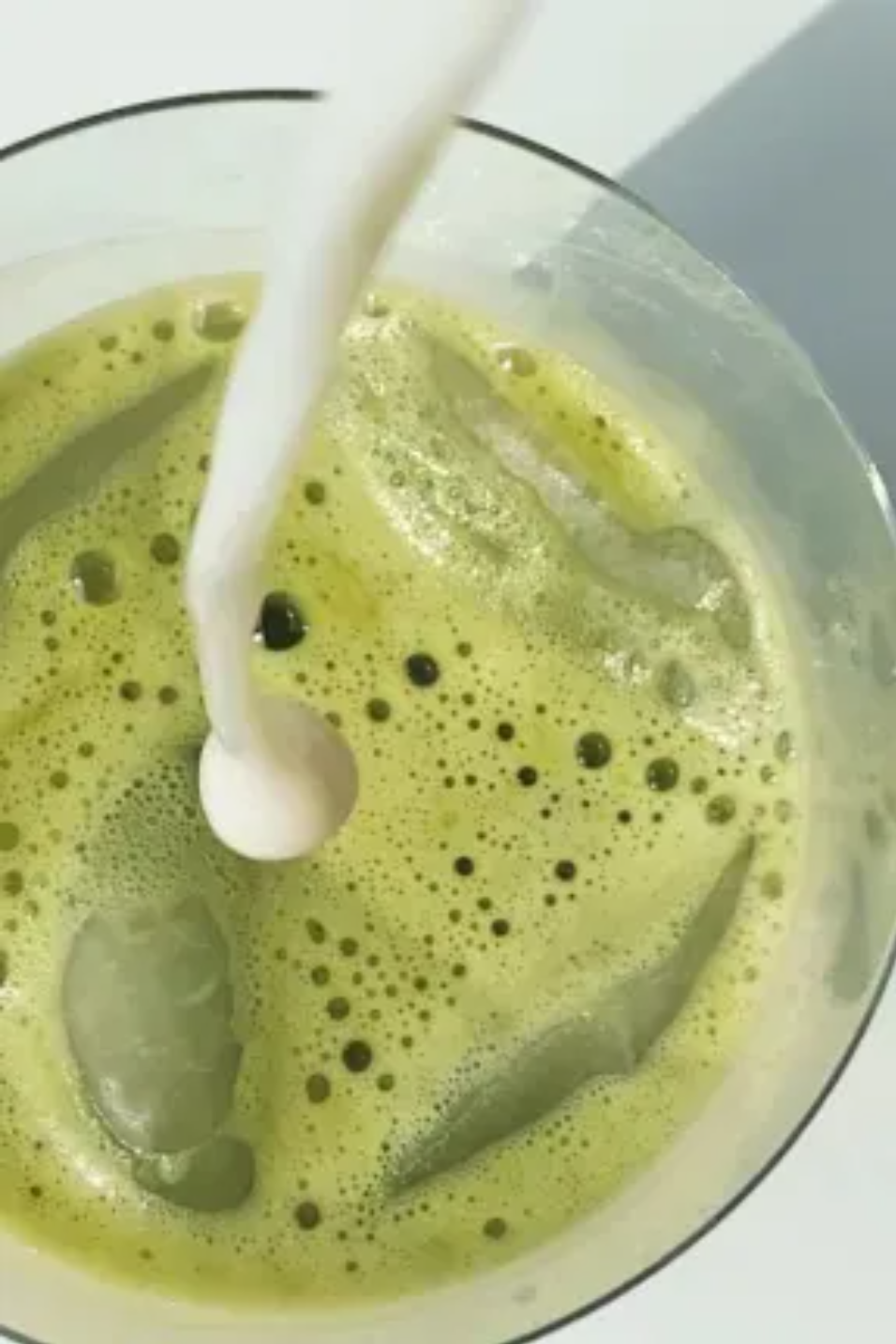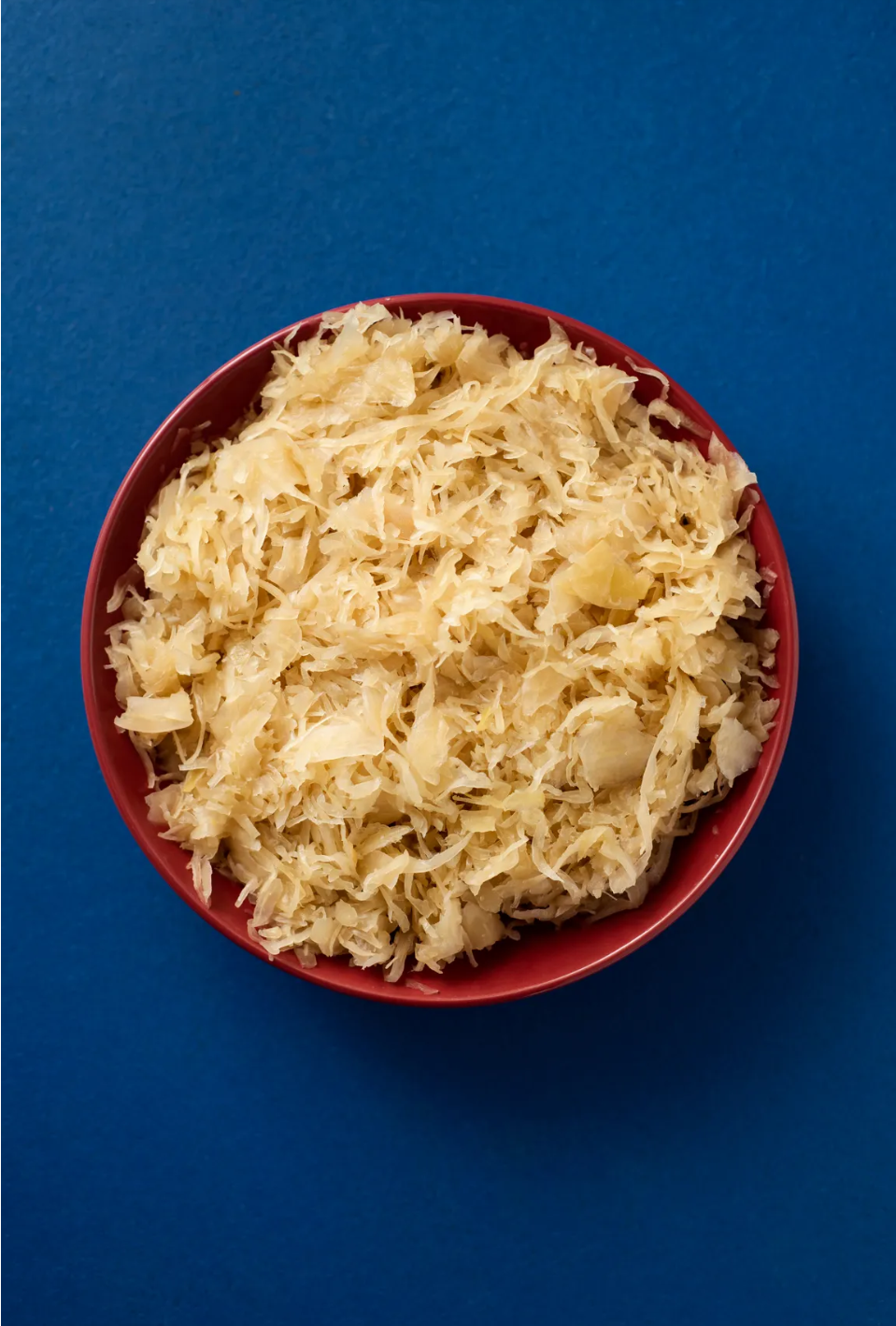Seed oils, such as canola, sunflower, and soybean oils, are extremely common vegetable oils in modern cooking and processed foods. However, in recent years, these oils have come under fire on social media and in some public opinion, accused of being harmful to health. This article aims to demystify the nature and impact of seed oils.
What are seed oils?
Seed oils refer to oils extracted from plant seeds. Common examples include:
- Canola Oil
- Sunflower Oil
- Soybean Oil
- Cottonseed Oil
- Corn Oil
- Grapeseed Oil
- Safflower Oil, etc.
These oils are typically obtained through cold-pressing or solvent extraction processes and are widely used in cooking and industrial production due to their relatively neutral flavor and high smoke point.
Controversy: Are seed oils really harmful?
Some voices raise concerns regarding the following:
- Chemical Residues and Oxidation Risks During the Extraction Process
It is pointed out that some seed oils may contain trace amounts of chemical solvents during the extraction and processing process, or may oxidize at high temperatures to produce harmful substances.
- Inflammation Linked to Health Problems
Some believe that excessive intake of seed oils may trigger chronic inflammation in the body, leading to health problems such as cardiovascular disease and diabetes.
However, authoritative nutritional research offers a different perspective:
- The Benefits of Seed Oils Are Widely Recognized by the Scientific Community
Experts from institutions such as the Harvard School of Public Health indicate that seed oils are rich in unsaturated fatty acids, such as omega-6 fatty acids, which help lower bad cholesterol levels and reduce the risk of heart disease.
- Seed Oils Confused with Unhealthy Diets
Experts warn that many adverse health consequences stem from an overall imbalanced diet, particularly excessive intake of high-sugar, high-salt, and highly processed foods, rather than from the seed oils themselves.
- Balanced Intake is Crucial
An imbalance in the ratio of omega-6 to omega-3 fatty acids can trigger inflammation, but this is more dependent on overall dietary habits than on the seed oils themselves.
Recommendations for Proper Seed Oil Usage
- Choose cold-pressed, extra virgin oils and avoid overly refined and processed products.
- Combine with a variety of cooking oils to ensure a balanced intake of fatty acids.
- Avoid excessively high-temperature frying to minimize oil degradation.
- Integrate with a healthy diet and reduce the intake of high-sugar and highly processed foods.
The Beauty and Health Potential of Seed Oils
Certain seed oils, such as carrot seed oil and grapeseed oil, are rich in antioxidants and vitamin E and are widely used in skincare products for their anti-inflammatory and anti-aging benefits. Their use in beauty and skincare is increasingly being scientifically validated.
As an essential component of the modern diet, seed oils carry multiple benefits, from food to beauty. Controversy surrounding seed oils is often amplified by information asymmetry and emotional interpretation. Science shows that seed oils are safe and beneficial when used wisely and moderately, as part of an overall healthy lifestyle. The true path to health lies not in rejecting any particular ingredient, but in balance and wisdom.








